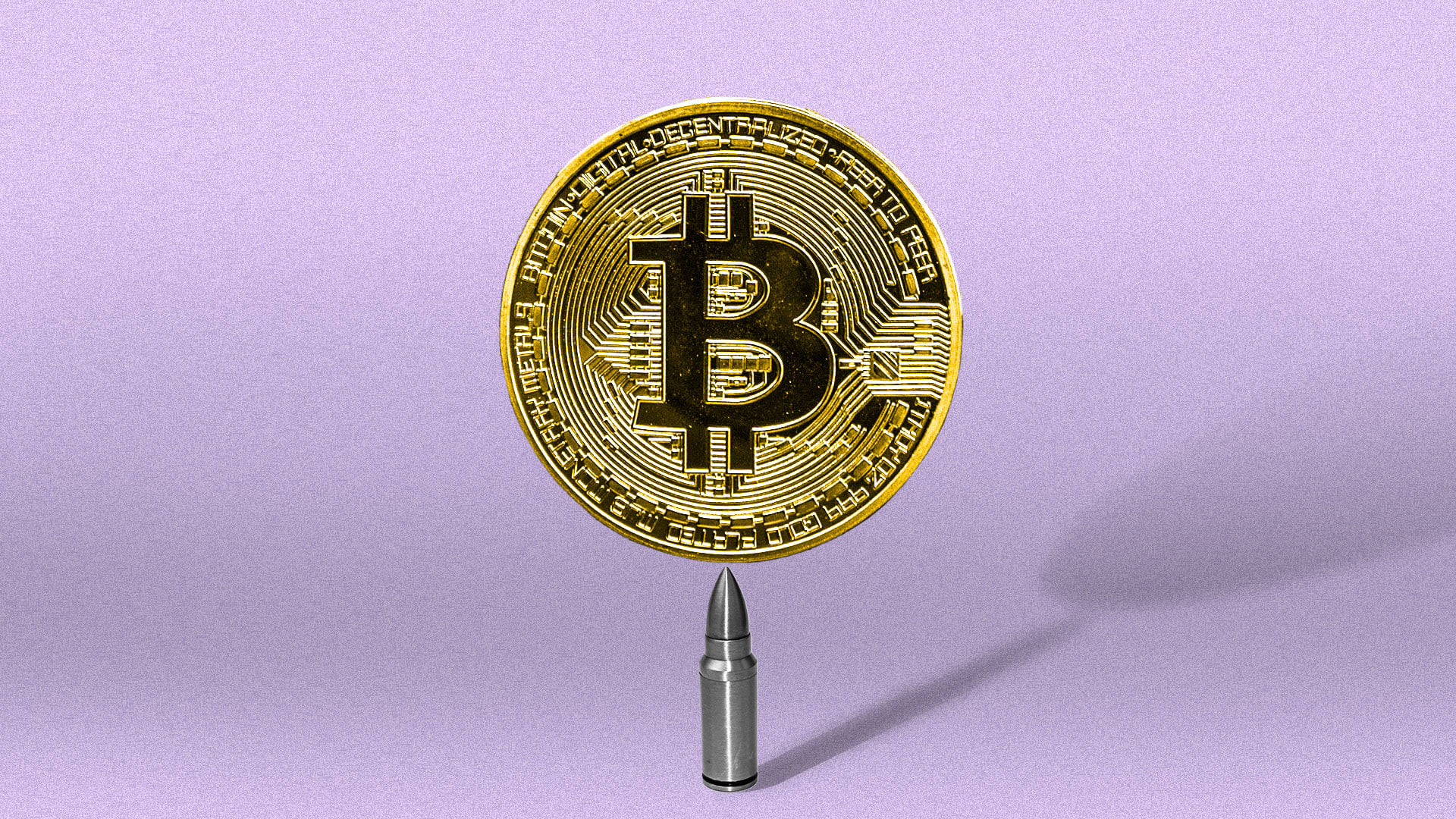Buzz Haven: Your Daily Dose of Trending News
Stay updated with the latest buzz in news, trends, and insights.
Bitcoin: The Digital Gold Rush You Didn't Know You Needed
Discover the surprising treasures of Bitcoin! Uncover why this digital gold rush is the opportunity you didn’t know you needed.
Understanding Bitcoin: The Basics of the Digital Gold Rush
Understanding Bitcoin is essential for anyone looking to navigate the modern financial landscape. Often referred to as digital gold, Bitcoin is a decentralized cryptocurrency that operates on a peer-to-peer network, enabling users to send and receive payments without the need for a central authority. Introduced in 2009 by an anonymous entity known as Satoshi Nakamoto, Bitcoin has gained significant popularity due to its potential to serve as a hedge against inflation and a store of value. Through blockchain technology, Bitcoin transactions are securely recorded, ensuring transparency and immutability.
The Bitcoin ecosystem is built on a few fundamental principles that are vital for both novice and experienced investors to understand:
- Decentralization: Unlike traditional banks, Bitcoin operates on a decentralized network, giving users full control over their funds.
- Scarcity: There will only ever be 21 million bitcoins in existence, creating a sense of scarcity akin to precious metals.
- Peer-to-Peer Transactions: Users can send bitcoins directly to one another without intermediaries, reducing transaction fees and increasing speed.
Grasping these basics will empower individuals to better comprehend the ongoing digital gold rush and the potential long-term implications of Bitcoin on the global economy.

Is Bitcoin the Future of Wealth? Exploring Its Investment Potential
The rise of Bitcoin has sparked a global conversation about its potential as a long-term investment strategy. With its decentralized nature and finite supply of 21 million coins, many are starting to view Bitcoin not just as a currency but as a form of digital gold. This perception has been supported by increasing institutional interest and adoption, with major companies adding Bitcoin to their balance sheets. As traditional fiat currencies face inflationary pressures, investors are turning to Bitcoin for its capacity to preserve wealth and act as a hedge against economic instability.
However, while Bitcoin presents exciting opportunities, it is essential to approach its investment potential with caution. The cryptocurrency market is known for its extreme volatility, which can lead to significant gains but also substantial losses. Investors should consider several factors before diving into Bitcoin, including market trends, technological advancements, and regulatory developments. By understanding the inherent risks and potential rewards, one can make a more informed decision about whether Bitcoin is indeed the future of wealth accumulation.
How to Get Started with Bitcoin: A Beginner's Guide
Getting started with Bitcoin can be an exciting journey for beginners looking to venture into the world of cryptocurrency. To begin, you’ll need to familiarize yourself with the basics of Bitcoin and how it works. Start by researching key concepts such as blockchain technology, wallets, and the process of mining. A great way to build your understanding is by following reputable blogs or joining community forums that focus on cryptocurrency discussions. Once you have a solid grasp of these fundamentals, you can move on to the next step: setting up your Bitcoin wallet.
After you’ve chosen a wallet that suits your needs, you will need to purchase Bitcoin. This can usually be done through cryptocurrency exchanges, which allow you to buy, sell, and trade Bitcoin for other currencies. Make sure to do your due diligence and select a reputable exchange that prioritizes security. Once you’ve acquired your Bitcoin, it’s essential to secure it properly to protect against potential theft. Consider using hardware wallets for long-term storage and enable two-factor authentication for added security. Following these steps will help you establish a solid foundation as you get started with Bitcoin.